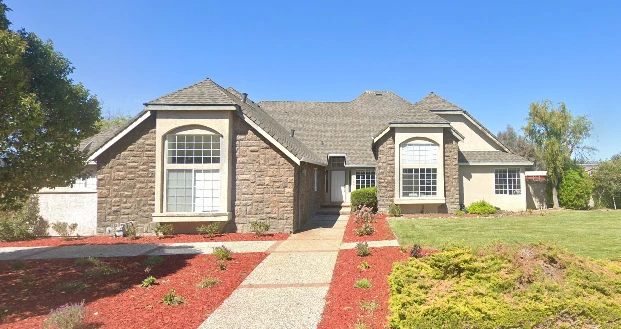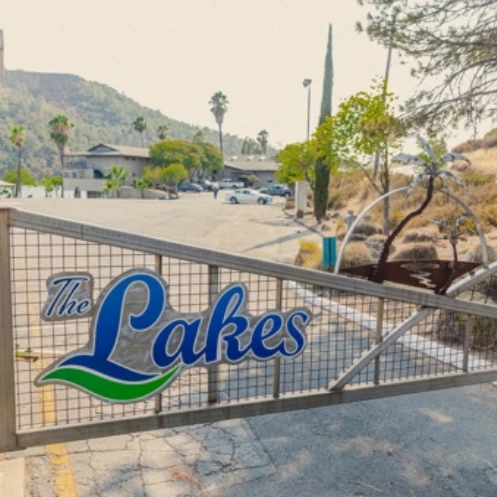The Lakes Addiction Treatment, located in the scenic surroundings of Copperopolis, California, is a distinguished treatment center committed to assisting men and women aged 18 and older in overcoming alcohol and drug addiction. The center offers a comprehensive range of services, including detox therapies and specialized treatments, designed to address the complex needs of individuals seeking recovery.
The center operates within a six-bed mansion situated on the beach, providing private rooms and a tranquil environment conducive to focused recovery. This setting allows clients to immerse themselves fully in their recovery process, free from the distractions and stresses of everyday life.
The Lakes Addiction Treatment employs a diverse array of evidence-based treatment options. These include Medication-Assisted Treatment (MAT) with FDA-approved medications to effectively manage withdrawal symptoms. The center also integrates couple and family therapy into its programs, recognizing the critical role of loved ones in the recovery journey. Additionally, religious services are offered as part of the treatment program.
Unique therapeutic activities, such as lake-based recreation, enhance the recovery experience. The facility is well-equipped to address dual-diagnosis cases, offering specialized therapies including Eye Movement Desensitization and Reprocessing (EMDR), Cognitive Behavioral Therapy (CBT), and targeted treatment for PTSD and addiction. Clients also have the option to participate in 12-Step Programs, ensuring that each individual can pursue a path aligned with their recovery goals.
The Lakes Addiction Treatment's commitment to high standards of care is underscored by its accreditation from The Joint Commission.











